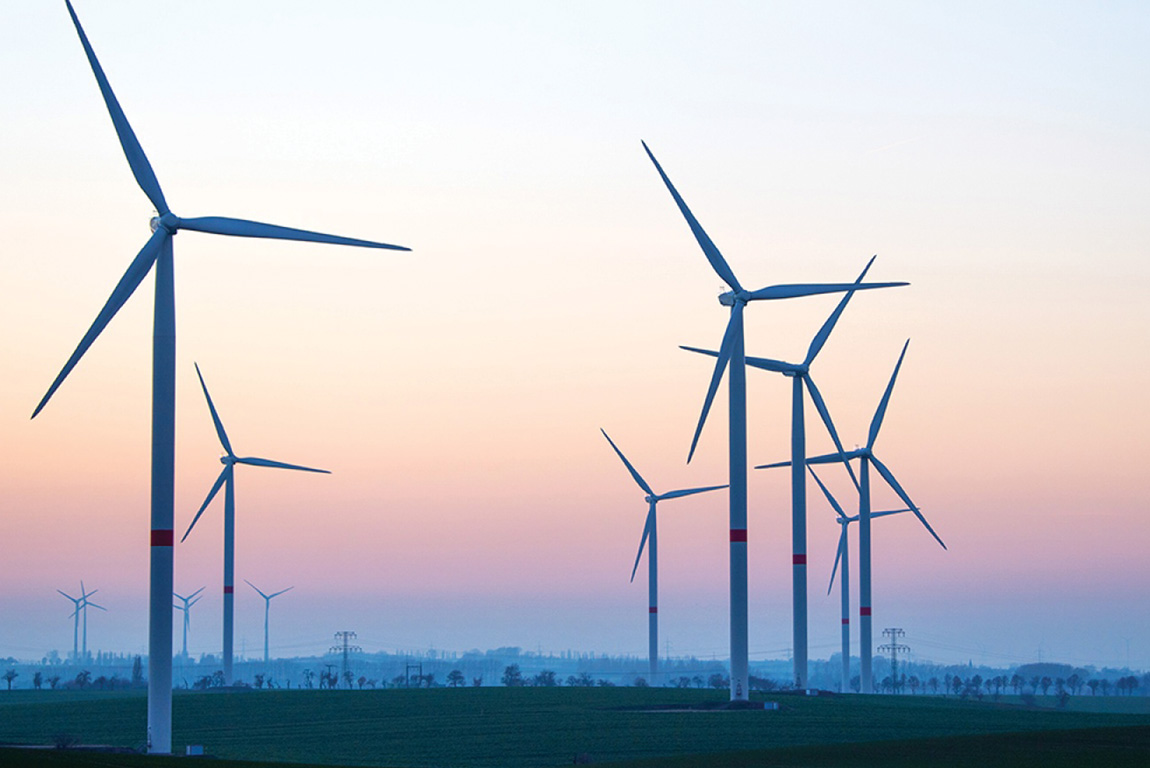Energy denial?

Worldwide, the net is slowly closing in on our wasteful use of energy. Three articles in the Business Day of June 18 underlined some realities that South Africa, in particular, should have started to face, but we seem to prefer being in denial
The first article reported on Norway’s decision to stop investing in fossil fuels in favour of clean energy. Its sovereign wealth fund is the largest in the world, with a trillion dollars under management. That adds up to 1,3 percent of every listed company in the world, and includes US$ 6,4 billion invested in South African companies. It won’t be long before we will start having to look for alternative sources of money to finance our own wasteful habits.
Critics of Norway are quite correct to accuse it of hypocrisy, saying that it merely exports its oil, gas and iron ore to other countries creating real pollution elsewhere. To its credit, though, Norway made a point of building up a war chest for times like this – unlike South Africa, which has drifted from one crisis to the next.
The second article told us that the state of Virginia – home to the largest-known deposit of uranium in the United States – has refused permission to a company called Virginia Uranium (VU) to actually dig for the stuff.
Unhappy with the judgment, VU went to the Supreme Court, where it lost in a 6-3 decision. Whether it will take this matter further remains to be seen, but other states such as Indiana, Oregon, Massachusetts and – wait for it – Texas, support the state of Virginia. They clearly want to protect their rights over the riches beneath their soil.
VU claims that the mine will create more than a thousand jobs and pump billions of dollars into the local economy. That kind of argument, much loved by the promoters of schemes like the Gautrain, needs to be questioned more robustly from now on.
The third article, written by an assistant editor of the Financial Mail, noted: “Price stability is a necessary ingredient for a sustainable, growing economy. (It) provides certainty, improves planning and supports confidence – all of which are essential in driving economic activity.”
I think most people would agree, but why then has no economist drawn attention to the way the fuel price jumps around in South Africa? This comment came in the same month that the fuel price dropped by around 90 cents per litre. Did minibus-taxi fares come down as a result of the decrease? I asked a few taxi passengers about it and they stared at me blankly. Did transport rates generally come down? I don’t think so.
A half-hearted debate has now started in South Africa about the balance between environmental and public safety issues on the one hand, and economic benefits on the other, but public transport doesn’t feature in it.
Norway was pro-active and managed its oil and gas windfall by saving up for a rainy day.
This was not the case in South Africa, which has limited oil reserves, forcing us to import the stuff. We then waste oil in private vehicles carrying 1,3 people to work and back. On the public transport side, oil is used in minibus taxis on busy routes, which should have been electrified long ago.
When it comes to public transport, South Africa has failed to develop beyond the mindset that prevailed in the 1950s. That was when half-empty “white” buses sailed past black passengers wanting to get on, because the rear ten seats allocated to blacks were already occupied. Today, buses and minibus taxis drag empty seats around our cities when a proper plan would have sorted them out, reducing the need for expensive cars.
Now we have a new minister of transport, and there is talk of building a high-speed railway line from the coast to Musina. What nonsense.
We need to learn how to fix what is already there, but our universities are producing graduates who don’t know the difference between a bus and a bicycle. Together with consultants and government officials, our academics present meaningless research articles and PowerPoint presentations at one conference after the other.
Our lazy approach to public transport is hurting the economy.
Published by
Vaughan Mostert
focusmagsa




